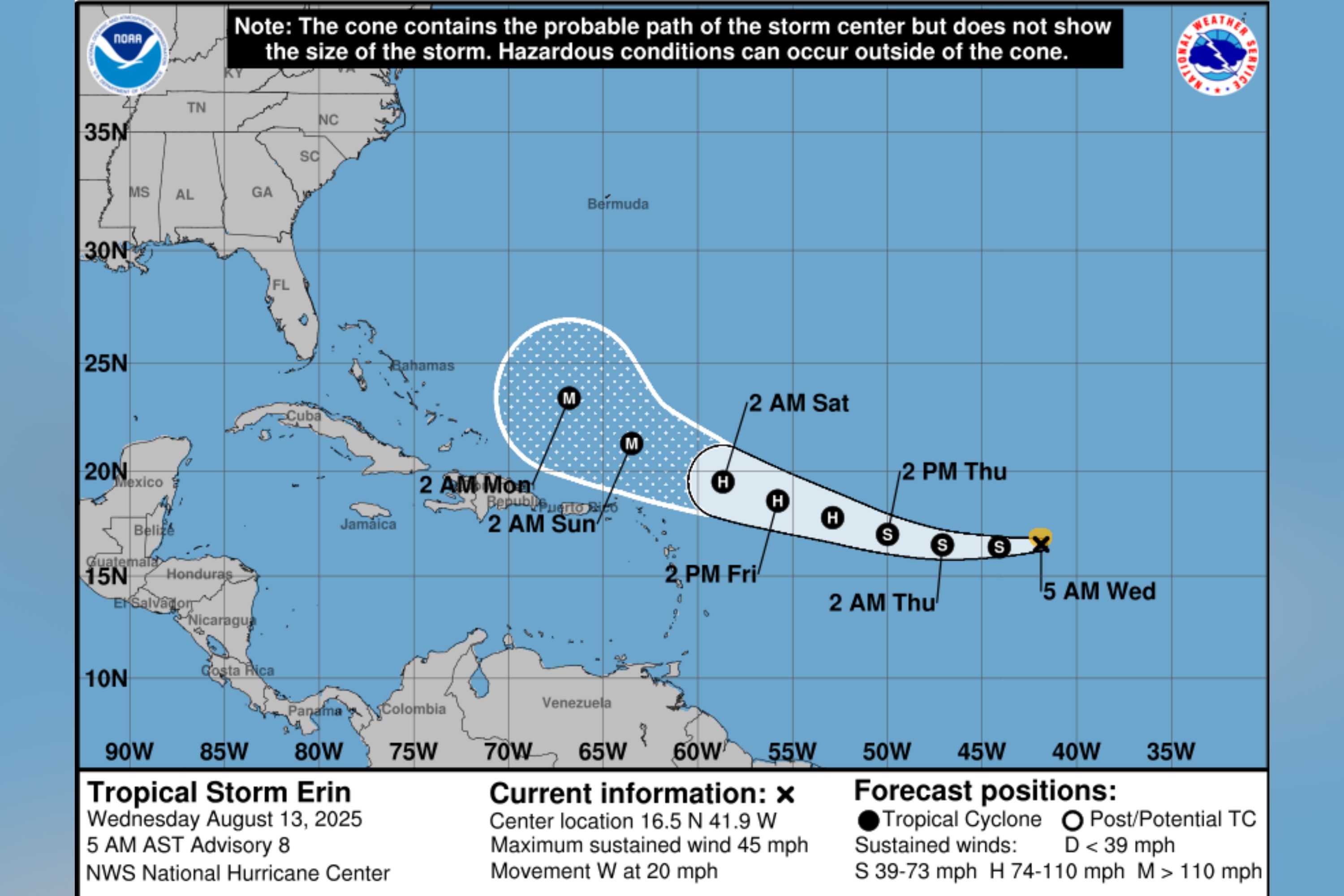🎙️ Voice is AI-generated. Inconsistencies may occur.
The Senate has passed a bill making Immigration and Customs Enforcement (ICE) the United States' largest interior law enforcement agency, with funding for Donald Trump's immigration enforcement agenda higher than most of the world's militaries, including Israel's.
Pending its passage in the House of Representatives, Trump's bill could mean a massive increase in ICE funding as part of an immigration enforcement agenda worth $150 billion over four years.
ICE Budget Set to Skyrocket
If passed by Congress, Trump's 1000-page bill could reshape the U.S. immigration system with a significant increase in funding for expanding law enforcement and detention networks while increasing the cost of legally immigrating to the U.S.
What To Know
A revised version of Trump's bill was narrowly voted through the Senate on Tuesday. The estimated price tag of the legislation is around $150 billion between now and 2029—an annual average of $37.5 billion, which is higher than the military expenditure of all but 15 countries.
This figure is more than the annual military budget of Italy, which at $30.8 billion, is the world's 16th highest defense spender for this year, according to tracker Global Fire Power.
It is also higher than military spending for Israel ($30 billion), the Netherlands ($27 billion) and Brazil ($26.1 billion).
Different news outlets have broken it down in different ways. The National Immigration Law Center said that ICE's detention budget would increase to $45 billion to build immigration jails for single adults and families, a price tag 13 times more than ICE's 2024 detention budget.
The bill also allocates $29.9 billion in additional funding for ICE activities, including hiring new agents and securing transportation contracts to move migrants between detention centers and facilitate deportations, according to Migrant Insider.

Meanwhile, an assessment by the Detention Watch Network said the bill set aside $59 billion to militarize the border, which included wall construction, CBP agents and vehicles, and border surveillance technology.
It also said that there was $10 billion for grants to reimburse states that enact anti-immigrant policies and another $1 billion to the Department of Defense to deploy military personnel to the border and to detain migrants.
What People Are Saying
House Speaker Mike Johnson wrote on X (formerly Twitter) that the bill "provides the ESSENTIAL funding needed to secure our nation's borders."
Detention Watch Network Executive Director Silky Shah said in a statement: "This bill skyrockets ICE's budget to never before seen funding levels and will make it the largest law enforcement agency in the country."
"ICE will now have 13 times its current fiscal budget for detention, which is already operating at a historic high, on top of the funding in ICE's annual budget that Congress sets each year."
Adam Isacson, a researcher with human rights advocacy organization WOLA, per the Associated Press: "One thing about this bill, these sections are super vague...there's no real specificity in the bill about how it's going to be spent."
Vice President JD Vance wrote on X that the ICE budget increase is an important part of Trump's bill: "The thing that will bankrupt this country more than any other policy is flooding the country with illegal immigration and then giving those migrants generous benefits. The OBBB fixes this problem. And therefore it must pass."
What Happens Next
Trump's bill returns to the House of Representatives on Wednesday after a revised version was narrowly voted through the Senate on Tuesday. The president has set Congress a loose deadline of July 4, but further opposition is expected.
Update 7/3/25, 9:07 a.m. ET: This article was updated with a new headline and additional information.
fairness meter
About the writer
Brendan Cole is a Newsweek Senior News Reporter based in London, UK. His focus is Russia and Ukraine, in particular ... Read more




